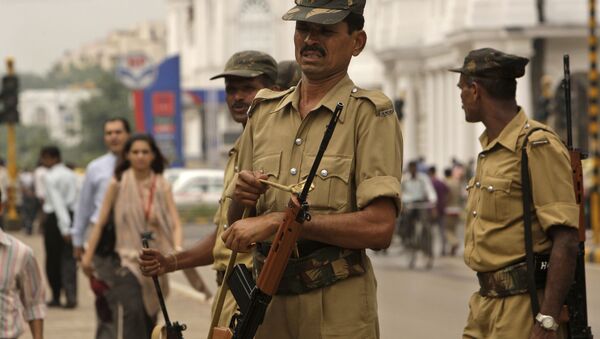Cases of honour killings are reportedly widespread in north Indian states including Rajasthan, Haryana, and Uttar Pradesh. Young couples, who marry in different castes and against the wishes of their families are often on the receiving end of these gruesome crimes.
The Bill slated to be tabled on Tuesday by the ruling Ashok Gehlot government also contains provisions to curb the unchecked powers of Khap panchayats (local community organisations).
Khaps, which generally consists of people from a particular community or caste, are infamous for issuing various arbitrary diktats, often targeted at women. These local bodies also hit the headlines regularly for their stubborn approach towards young people who marry into different castes.
The state assembly Bill would reportedly propose imprisonment for a period from six months to five years, in addition to a monetary fine of Rs.1 Lakh ($1,428 approx.) for those convicted of honour killings. The Indian Penal Code (IPC) includes provisions for the death sentence or life imprisonment for murder.
However, cases of honour killings, where generally a mob or multiple members of a family are involved, often go unpunished.
The Bill would allow for a case to be brought against family members if they try to stop a couple from getting married.
Various cases of honour killings have sometimes come to the attention of the Supreme Court of India.
In 2018, the Court expressed its concern over the government's failure to protect consenting adults from getting married.
The court had also declared the diktats issued by the Khaps against inter-caste marriages as “illegal.”
Traditionally, most families in India prefer that their children marry within the same caste or religion.
The caste system in India has been the longest surviving social hierarchy in the world. It restricts social interactions and bars inter-caste marriages, though 'untouchable' status has been abolished since 1950.
In many rural places, socially underprivileged communities are still shunned for using the same wells to draw water and for drinking from the same cups in tea stalls. They also face segregation in their homes and villages. Their children are frequently forced to sit separately in schools, in what is known as “hidden apartheid” prevalent in many rural.




